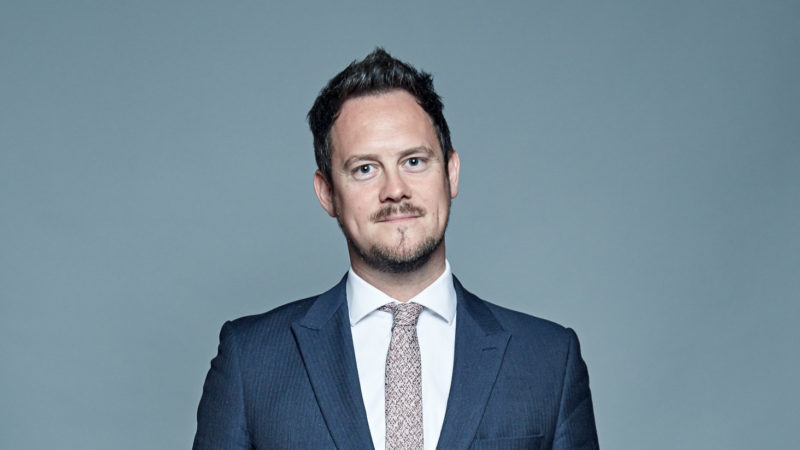
After a well-known private company failed to deliver on a promise of 13,000 security staff for the 2012 London Olympics, without hesitation or question, it was the armed forces who picked up the pieces. By the end of the Olympic operation, there were over 18,000 army, navy and royal air force staff involved. Many were sleeping in multi-story car parks between arduous shifts. As we find ourselves in a very different emergency, one thing remains the same: the indisputable value of our armed forces. It is important to both recognise their crucial work and highlight areas where further government support is needed.
A 23,000-strong Covid-19 support force is already delivering for the nation. These highly trained women and men possess a varied set of specialist skills, from engineers and accountants to medics and logistical experts. But just how are they helping? Alongside our equally cherished frontline health and social care staff, the armed forces are working tirelessly to support local authorities and an NHS under strain. The numbers paint an unquestionable picture of just how important they are in fighting this crisis.
Already, 200 personnel are mobilising to support the ambulance service. 450 service people have helped deliver over 930 million items of personal protective equipment. Troops are setting up over 90 much-needed mobile testing sites, while 100 have been trained to drive oxygen tankers. And just over the Solent from my own constituency, the Scots Guards have built 200 extra hospital beds on the Isle of Wight. And the hugely valuable supporting role of the armed forces is not limited to the NHS.
As theatres of war migrate online, so too does the battle against Covid-19. Conspiracy theories surfacing on the web pose a serious and real threat to life. BBC News has reported one such rumour leading to patients, with confirmed cases, discharging themselves and re-entering households. With internet and smart phone use skyrocketing amid the pandemic, the importance of winning the online information war could not be more pressing. To help fight this online battle, a taskforce of military experts has been drafted in to tackle fake news and nip in the bud an increasing number of online fraudsters seeking to profit from the uncertainty.
Military personnel have also thrown their weight behind helping local authorities and devolved administrations. As the defence committee heard last week, through military aid to civil authorities, personnel are playing a crucial supportive role in offering flexibility to our public services, which are already bursting at the seams from the strain. From defence scientists helping Public Health England in understanding the spread of the virus to specialist military planners working as part of Local Resilience Forums, our versatile troops are making a difference at the local government level.
The utilisation of the military’s diverse skill set has not diminished its more traditional forms of crisis assistance. Alongside cyber security support and helping our NHS, a major repatriation and transportation effort is being undertaken. Already flights bringing Brits back from nightmare holiday situations have taken place and Merlin Mk2 helicopters, complete with crews, are helping transport both supplies and personnel. While the RAF has been working on evacuations from remote and isolated communities.
But as the armed forces pull through for Britain, is the government doing enough to properly protect them? With 13,000 personnel absent from work due to the virus and the Defence Secretary admitting last week that just 131 had been tested, it is evident that more must be done. While we welcome the minister’s announcements that they are backing Labour’s calls to ramp up testing, it is the delivery of this promise that they will be judged on.
It is not just government’s performance on testing troops under scrutiny. Questions remain over the provision of personal protective equipment. Labour are continuing to keep a watchful eye on whether personnel playing an intrinsic role in the supply of the equipment are being provided with adequate levels of it themselves. It falls on the government to protect frontline troops, but on the opposition to act as the checks and balances ensuring that the highest standards are met.
Continuously throughout the last decade and beyond, our armed forces have worked outside their traditional spheres and delivered to the highest degree. Their adaptability, unrelenting approach and proactive spirit acts as an inspiration to us all. I know that I speak for many when I convey thanks to them as the new shadow armed forces minister. While recognition is one element of showing support, without efforts to protect troops in their role it does not account for much. That is why the shadow defence team remains committed to speaking up for our armed forces amid this crisis.




More from LabourList
‘How Labour is modernising transport in Wales with fairness at its heart’
‘Labour’s quiet quest for democratic renewal’
‘Labour promised to make work pay. Now it must deliver for young people’